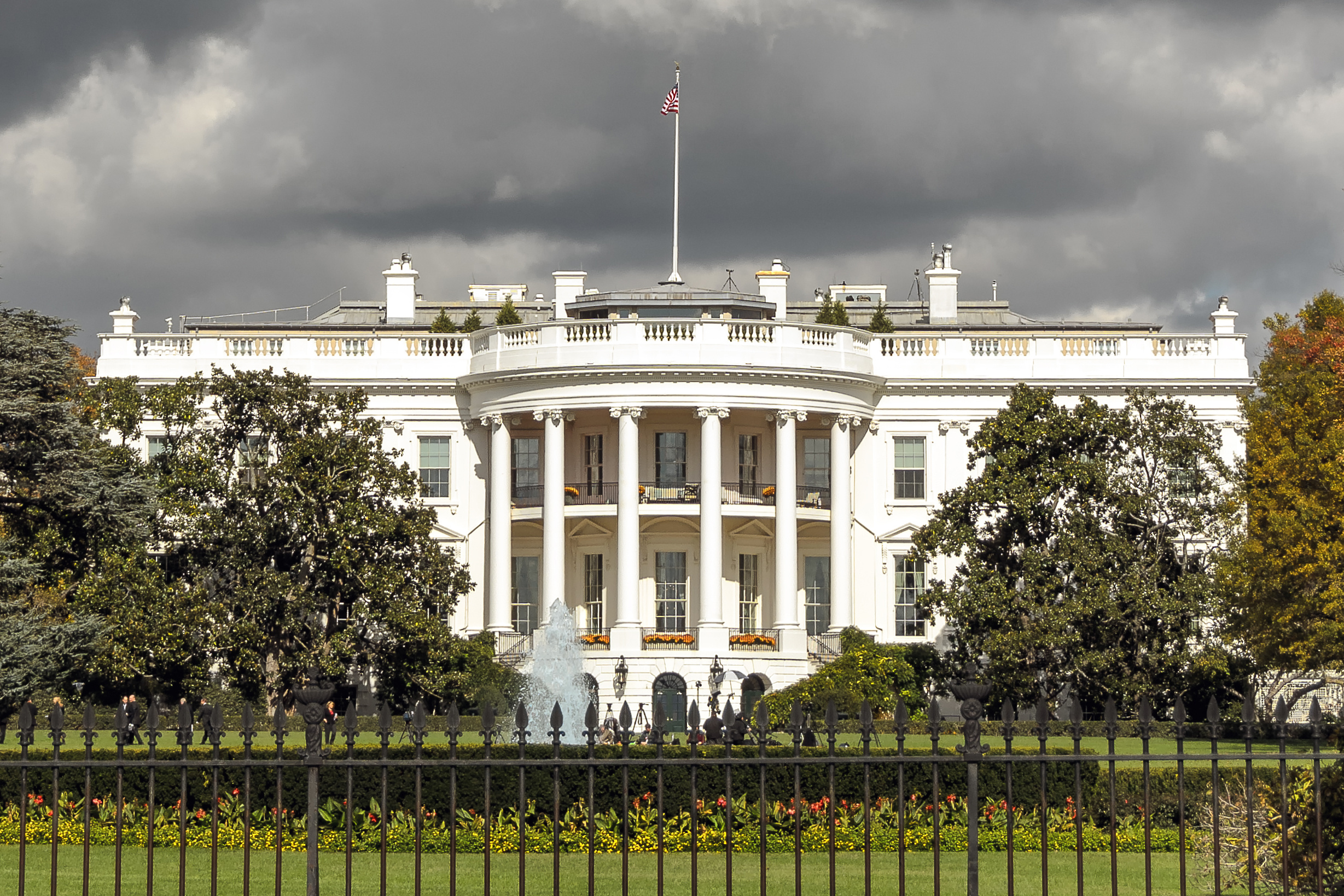Posts tagged private sector
Eaton Worker’s Federal Complaint Sheds Light on Union Fee Threats in St. Louis
August 29, 2025 // Another critic, the nonprofit Institute for the American Worker (I4AW), highlighted the LMRDA’s origins in addressing labor corruption and stressed the importance of robust financial reporting. I4AW expressed concern that the current proposal focuses too heavily on reducing paperwork rather than preserving oversight. They recommended reconsidering OLMS’s 2020 proposal, which raised thresholds more moderately and introduced a “long form” LM-2 for the largest unions. I4AW also cited recent criminal convictions for embezzlement and financial misconduct involving union officials whose unions would have benefited from the proposed threshold increase, underscoring the need for strong reporting to prevent abuse.

Protect Worker Freedom to Best Help Black Women, All Workers
August 21, 2025 // The removal of DEI positions and programming under the second Trump Administration is also credited with having a disparate impact on Black women. This argument might sound reasonable to regular people, but data doesn’t prove it. Black women are overrepresented in federal jobs compared to private sector employment. They comprise 6.6% of the civilian workforce but 12.1% of the federal workforce, the largest differential among racial demographics.
Op-ed: Virginia Must Clarify Its Labor Laws
June 9, 2025 // The ideal outcome for Virginia would be to repeal the Democrats’ 2020 law and return Virginia to being one of the few states that outright prohibit collective bargaining in the public sector. North and South Carolina have for decades, and Utah joined them with a new law signed by Governor Spencer Cox (R.) this year. But with Democrats currently in control of the Virginia General Assembly, a repeal effort would go nowhere. In the meantime, the proposed regulations are needed to make sure local government unions are following the law. Virginia is a right-to-work state with many strong protections for employees in unionized workplaces. Public employees deserve those protections just as much as private employees do.
Goldwater Backs Proposal to Rein in Federal Bureaucracy
June 1, 2025 // Goldwater Institute submitted a formal public comment to the Office of Personnel Management (OPM) in support of a Trump Administration proposal to reclassify thousands of federal employees with policy-influencing roles to at-will employment status. The Institute’s comment makes clear that this is an encouraging step forward to ensure accountability in government, and when necessary, rein in abuses in the federal bureaucracy. States like Arizona, Georgia, Kansas, Texas, Utah, and Florida have classified state workers as at-will employees for years. As the Institute noted in its letter, “oversight and accountability are central features of efficient management practices for government employees,” both at the state and federal levels.

Businesses seek to overturn hotel and airport wage hikes by forcing a citywide election
May 30, 2025 // Under the city's laws, hotel and airport workers have minimum wages that are higher than those who are employed by other industries. The hotel minimum wage, approved by the council in 2014, is currently $20.32 per hour. The minimum wage for private-sector employees at LAX is $25.23 per hour, which includes a $5.95 hourly healthcare payment. For nearly everyone else in L.A., the hourly minimum wage is $17.28, 78 cents higher than the state’s. The federal minimum wage is $7.25 per hour.

A ‘War’ on the Civil Service or Controlling a Powerful Union Political Machine?
May 17, 2025 // Fed unions remain unable to strike — enforced by President Reagan’s firing striking air-traffic controllers — so unions became powerful in more subtle ways. A study by the Institute for the American Worker documents how Federal government unionization works today. “Generally, federal employees are not permitted to strike, and their unions are limited in what conditions of employment they may bargain over.” Management rights and other matters “specifically provided” for by federal statute are still not bargainable. “This includes pay, health insurance, retirement, and certain workplace insurance (e.g., workers’ compensation, unemployment insurance), among other benefits.” The study continues,

President Trump is making government accountable again
May 8, 2025 // But the American people would benefit most of all. They need a government that’s more efficient, effective and most of all, accountable — a government that advances the agenda that voters backed at the ballot box. Trump’s reform would help make that vision a reality, making it easier for him and future presidents of both parties to enact their priorities and deliver for voters.
California lost 11,600 net jobs in March, nearly half of new jobs from welfare
May 7, 2025 // California lost a net 11,600 jobs in March as private sector job losses exceeded taxpayer-funded job gains, the plurality of which came from a single welfare program in which Californians are paid minimum wage to care for family members. The California Center for Jobs and the Economy’s analysis for state and employment for March 2025 found the state lost a net 26,800 private sector jobs, while government and taxpayer-funded employment grew by 15,200 jobs.

Podcast Newt Gingrich, Vinnie Vernuccio; Episode 837: Protecting the American Worker
May 5, 2025 // Newt’s guest is Vincent Vernuccio, president and co-founder of the Institute for the American Worker. They discuss the significant labor policy developments and legislative efforts aimed at increasing transparency and accountability in both public and private sectors. Their conversation covers the introduction of the Start Applying Labor Transparency (SALT) Act, which seeks to amend the Labor Management Reporting and Disclosure Act of 1959 to ensure greater transparency in financial transactions between unions and labor consultants. Vernuccio also explains the implications of President Trump's executive action, Schedule F, which aims to make certain federal employees at-will to enhance accountability. They also discuss the challenges posed by public sector unions and the potential impact of Senator Josh Hawley's Faster Labor Contracts Act, which could impose arbitration on private sector union negotiations. Vernuccio emphasizes the need for modernizing union models to align with today's workforce demands for flexibility and merit-based advancement.
